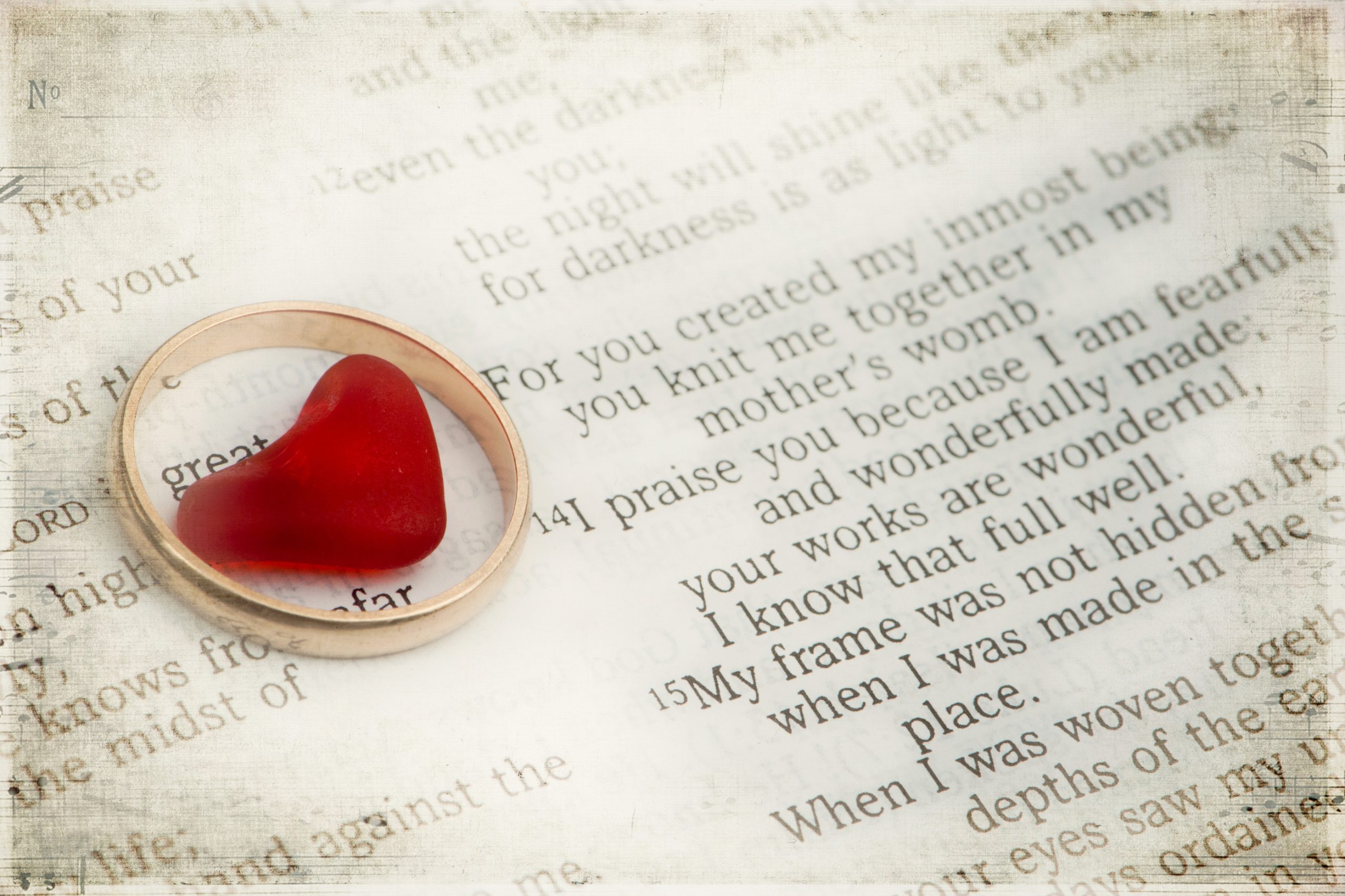
by Col. John Eidsmoe, Board Member, Lutherans For Life
In Federalist No. 78, Alexander Hamilton wrote that the judiciary is the “least dangerous branch” of government. The legislature exercises WILL, determining the policy of the nation. The executive exercises FORCE, carrying out the legislature’s policies. The judiciary only exercises JUDGMENT, interpreting the Constitution and statutes.
So long as the courts adhere to their traditional roles and interpret the Constitution strictly as written and intended by its framers, they are the least dangerous branch. But when courts ignore the framers’ intent and twist the Constitution by creating new “rights” the framers never imagined, they have usurped the role of the legislature and verge on judicial tyranny. Constitutional law then becomes, as Professor Lino Graglia warned, “a fraud, a cover for a system of government by the majority vote of a nine-person committee, unelected and holding office for life.”
By many accounts, the Alabama Supreme Court by its recent Aysenne v. Center for Reproductive Medicine decision has transformed itself into a theocratic autocracy, creating out of thin air a right to life for embryos conceived in vitro and effectively shutting down the practice of in vitro fertilization, thereby depriving countless would-be parents of the opportunity to have a family.
In fact, the Alabama Supreme Court has faithfully followed the Alabama Constitution. In 2018, with 59% of the vote, the people of Alabama adopted the Sanctity of Life Amendment, which reads:
(a) This state acknowledges, declares, and affirms that it is the public policy of this state to recognize and support the sanctity of unborn life and the rights of unborn children, including the right to life.
(b) This state further acknowledges, declares, and affirms that it is the public policy of this state to ensure the protection of the rights of the unborn child in all manners and measures lawful and appropriate.
(c) Nothing in this constitution secures or protects a right to abortion or requires the funding of an abortion.
In keeping with this amendment, the following year (2019) the Alabama Legislature passed, and the governor signed into law, one of the strongest abortion laws in the nation.
Protecting unborn human persons, the amendment makes no exceptions for children conceived in vitro. Children conceived in vitro therefore are “unborn children” and are entitled to “the rights of unborn children, including the right to life.”
The Alabama Supreme Court therefore acted with judicial restraint and followed the doctrine of strict construction, interpreting the Alabama Constitution as written. Any other interpretation would have constituted judicial activism, twisting the Constitution to mean something it doesn’t say.
The case arose out of a lawsuit alleging that an Alabama clinic negligently allowed the destruction of frozen embryos. Ruling that these frozen embryos were unborn children under the Alabama Constitution, the Alabama Supreme Court sent the case back to the trial court for further adjudication. Fearing that they could be held liable for discarded frozen embryos, the University of Alabama at Birmingham Hospital suspended its in vitro program, and several other hospitals followed suit.
This prompted the Alabama Legislature to take action to save the process of in vitro fertilization. One legislator proposed a bill that would have defined the term “unborn children” so as not to include those conceived in vitro, but others objected that this bill contradicted the Alabama Constitution, which contains no such exception. Others have proposed bills that would exempt hospitals from liability for the unintentional destruction of frozen embryos. As of this writing, there is a strong likelihood that one of these bills will become law. Many support these proposals out of a very understandable concern for would-be parents who cannot conceive children but want to raise a family. Many pro-life legislators are concerned that the Aysenne decision could be exploited by the Left to produce a reaction similar to the reaction against Dobbs v. Jackson.
Lutherans For Life has adopted a position statement on in vitro fertilization which “recognizes the pain of childlessness and that some people, desiring to have children, have used in vitro fertilization without realizing or considering the potential consequences for the embryos involved,” but also recognizes that in vitro fertilization often results in the destruction of unused embryos. The position statement therefore concludes that “Lutherans For Life at the present time objects to and opposes the use of in vitro fertilization” but “does not condemn those married couples who have used in vitro fertilization but encourages ministry to them and to all people such that they may receive the comfort of Christ and His redeeming love.”
Consistent with our position statement, Lutherans For Life applauds the Alabama Supreme Court’s decision and hopes that continued research will develop ways in which those who are unable to conceive children will be able to have families without risking the loss of unborn human life.